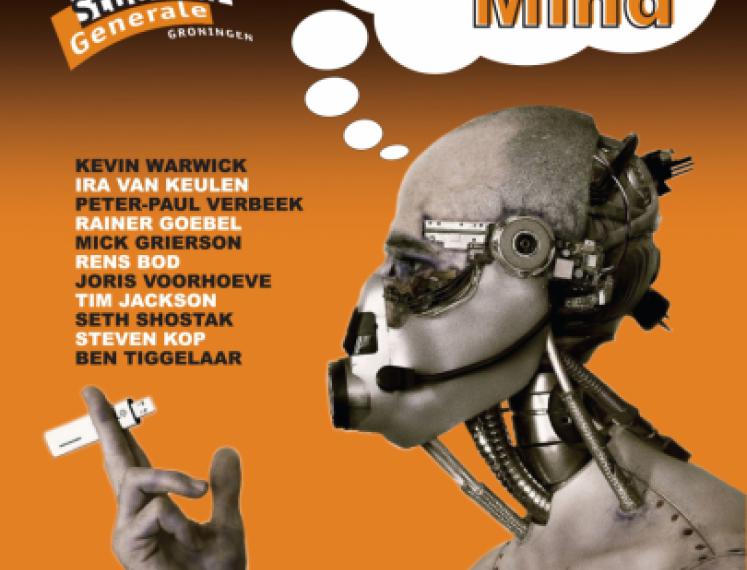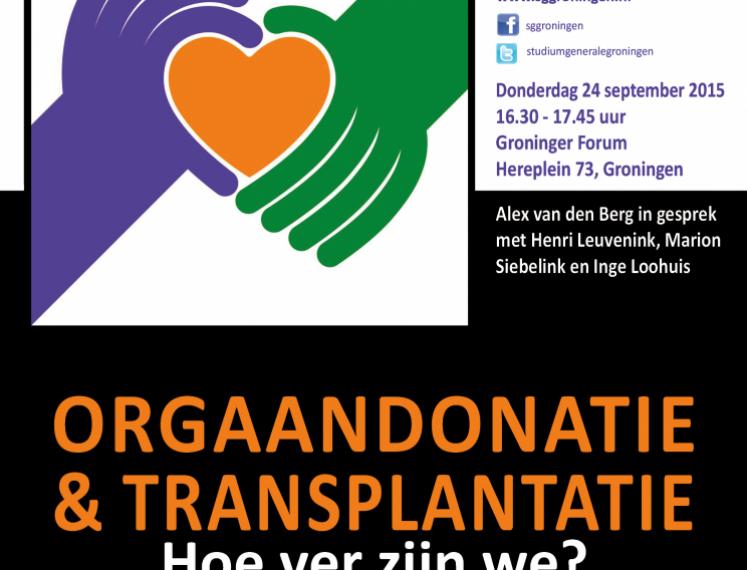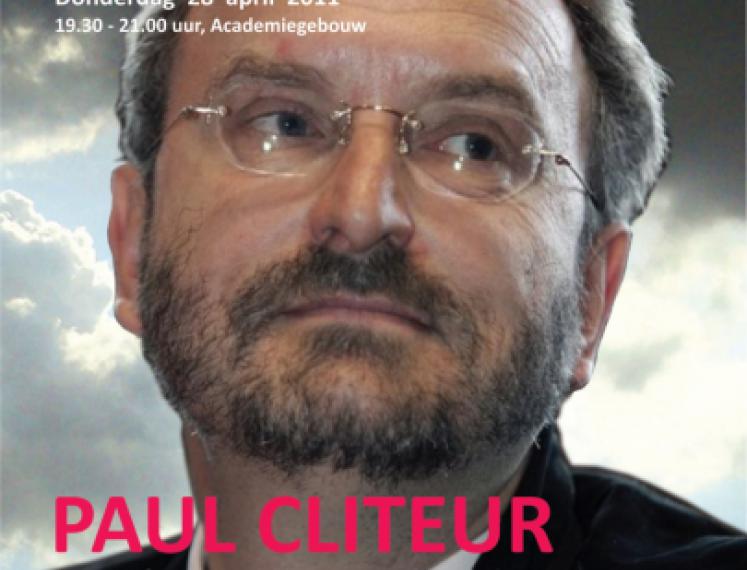Prosperity Without Growth
Professor of economics and sustainable development provides a credible vision of how human society can flourish within the ecological limits of a finite planet.
Is more economic growth the solution? Will it deliver prosperity and well-being for a global population projected to reach nine billion in 2050? No one denies that development is essential for poorer nations. But in the advanced economies there is mounting evidence that ever-increasing consumption adds little to human happiness and may even impede it. More urgently, it is now clear that the ecosystems that sustain our economies are collapsing under the impacts of rising consumption. Unless we can radically lower the environmental impact of economic activity and there is no evidence to suggest that we can, we will have to devise a path to prosperity that does not rely on continued growth. Tim Jackson provides a credible vision of how human society can flourish within the ecological limits of a finite planet. Fulfilling this vision is simply the most urgent task of our times.
Tim Jackson is Professor of Sustainable Development at the University of Surrey and Director of the Research group on Lifestyles, Values and Environment. He was Economics Commissioner on the UK Sustainable Development Commission from 2004 until its closure in 2011, where he authored their controversial and groundbreaking report ‘Prosperity Without Growth: Economics for a finite planet (2009).
This lecture is organised by Pugwash Netherlands (Conferences on Science and World Affairs) in co-operation with Studium Generale Groningen.
Interesting links:
TED-lecture: Tim Jackson's economic reality check
Big Ideas (Australian Television): Tim Jackson: Prosperity Without Growth
Organized by Pugwash Netherlands in co-operation with Studium Generale



